Department Of Medicine
-
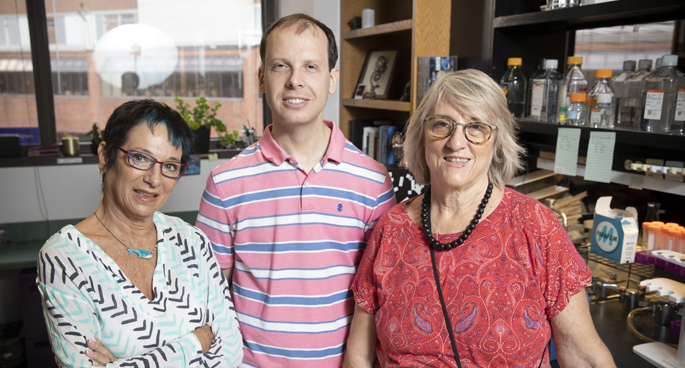
Releasing a brake that drives obesity and diabetes
Vanderbilt researchers have uncovered a potential new way to help curb the rapidly rising worldwide prevalence of metabolic disorders, including obesity and diabetes. Read MoreSep 6, 2023
-

Study reveals genomic code for sepsis in the lungs and kidneys
Researchers at Vanderbilt University Medical Center and the Nashville Veterans Affairs Medical Center have “cracked” the genomic code for sepsis in the lungs and kidneys. Read MoreAug 21, 2023
-
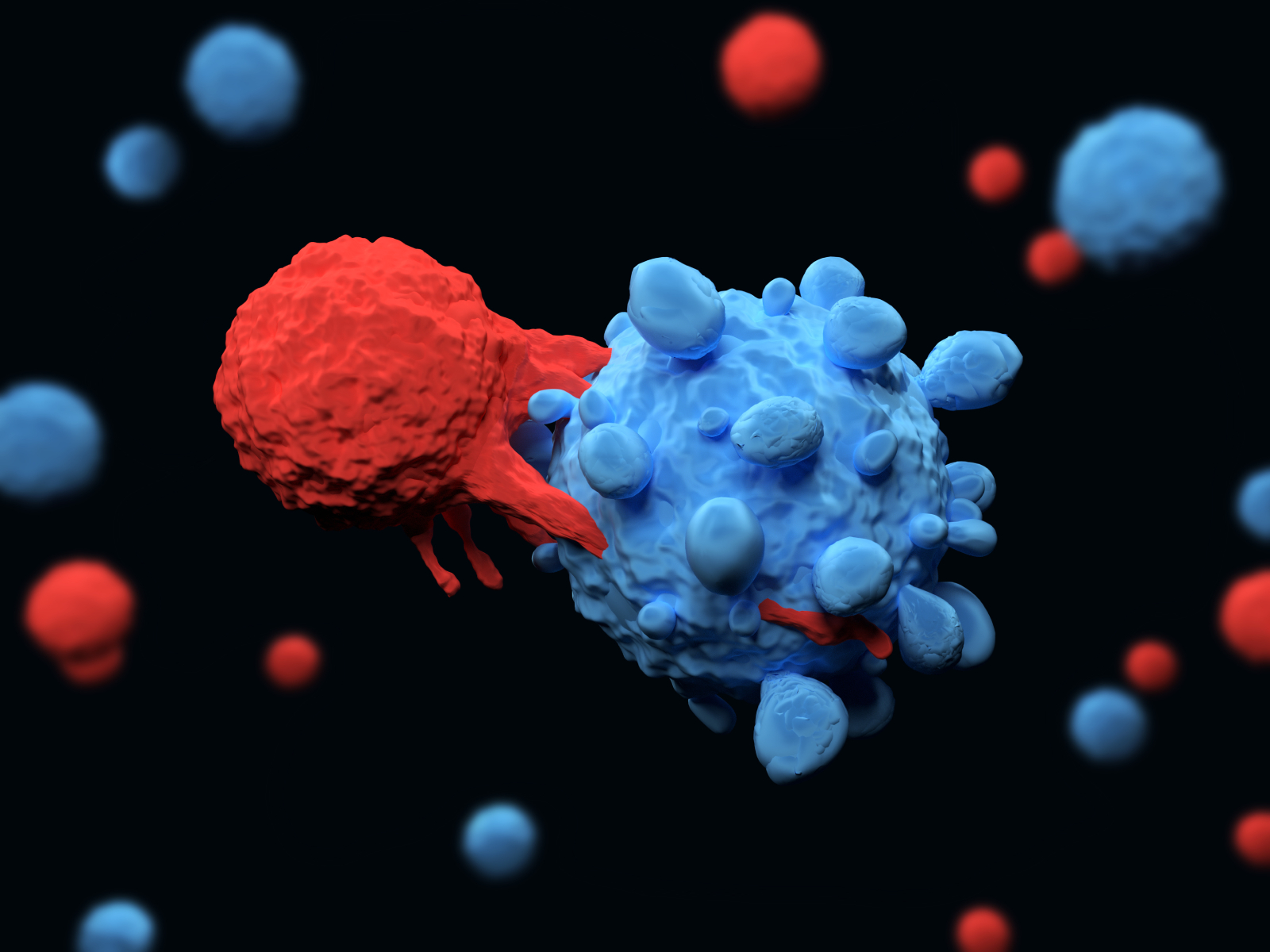
Study finds hallmarks of T cell exhaustion within hours of tumor exposure
Vanderbilt researchers found that that T cells become “exhausted” within hours of encountering a tumor, challenging existing ideas about how T cells become dysfunctional. Read MoreAug 3, 2023
-
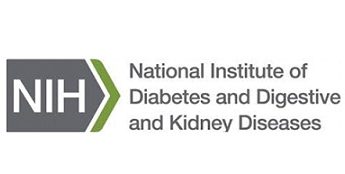
VUMC receives $28 million to lead national study of COVID-diabetes link
Researchers at Vanderbilt University Medical Center have received a four-year, $28 million grant from the National Institute of Diabetes and Digestive and Kidney Diseases to study the relationship between COVID-19 and diabetes. Read MoreAug 2, 2023
-

Nancy Cox receives American Society of Human Genetics Leadership Award
Nancy Cox, PhD, director of the Vanderbilt Genetics Institute, is the recipient of the 2023 ASHG Leadership Award from the American Society of Human Genetics. Read MoreJul 26, 2023
-

Predicting gene expression may speed discovery: study
Researchers at Vanderbilt University Medical Center and the University of Cambridge have developed a method of or predicting gene expression in hard-to-access tissues like the brain from more accessible tissues, including whole blood. Read MoreJul 20, 2023
-

Holowatyj receives National Cancer Institute MERIT Award
Vanderbilt's Andreana Holowatyj, PhD, MSCI, has received the National Cancer Institute’s Method to Extend Research in Time Award to support her ongoing investigation into how early-onset colorectal cancer and its treatments impact reproductive health. Read MoreJul 19, 2023
-

Early-onset CRC germline genetic differences identified by race, ethnicity
A Vanderbilt study that delved into genetic predisposition for early-onset colorectal cancer by race and ethnicity has identified differing germline risk variants. Read MoreJun 15, 2023
-

Enhanced treatment helps fast nicotine metabolizers quit smoking
A study from Vanderbilt researchers has found that enhanced treatment support can help smokers who have more difficulty quitting because they are fast metabolizers of nicotine. Read MoreJun 8, 2023
-
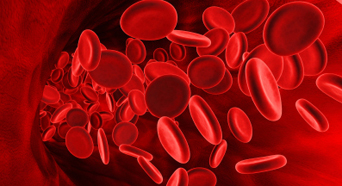
New view of mutations informs disease risk, treatment response
A transcontinental research effort led by scientists from Vanderbilt University Medical Center and the University of Michigan has upended some long-standing assumptions about mutations — how often they occur, what causes them and what they do. Read MoreMay 18, 2023
-

Diabetes drugs associated with fewer adverse cardiac events in older veterans: study
Vanderbilt research finds that GLP1 receptor agonists — a class of diabetes medications — are associated with fewer major adverse cardiovascular events than another type of diabetes drug (DPP4 inhibitors) in older veterans with no prior heart disease. Read MoreMay 8, 2023
-
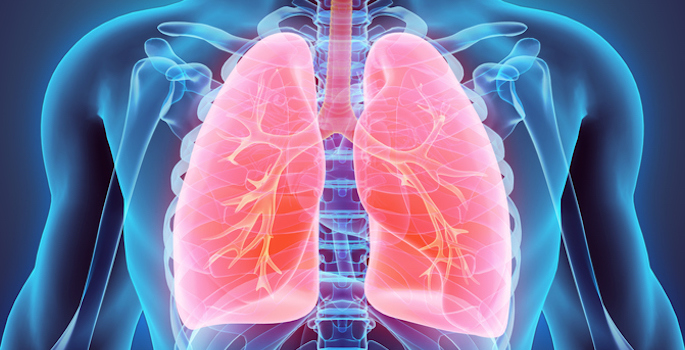
Tracking lung macrophages
A new technique will allow researchers to track subsets of immune cells that patrol and defend the lungs, to better understand the roles of these cells during lung inflammation, infection and injury. Read MoreMay 4, 2023
-
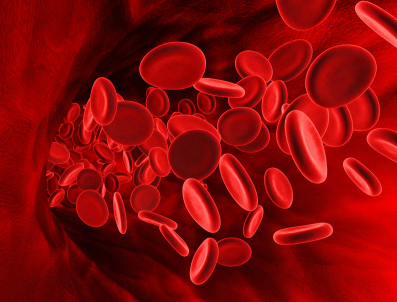
Research identifies new target that may prevent blood cancer
An international coalition of biomedical researchers co-led by Vanderbilt's Alexander Bick, MD, PhD, has determined a new way to measure the growth rate of precancerous clones of blood stem cells that one day could help doctors lower their patients’ risk of blood cancer. Read MoreApr 12, 2023
-
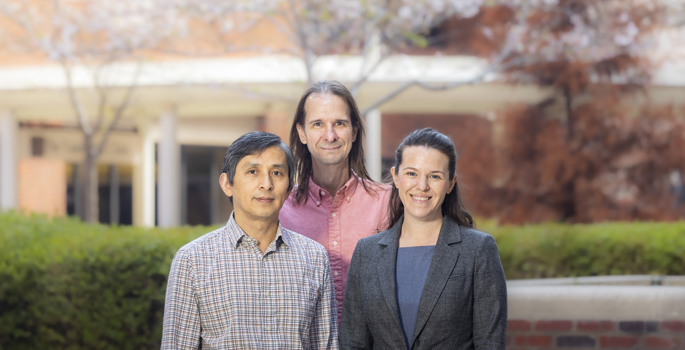
Study evaluates polygenic risk score for prostate cancer risk prediction
A Vanderbilt study found that prostate cancer polygenic risk score has limited utility for enhancing prostate cancer screening. Read MoreMar 16, 2023
-
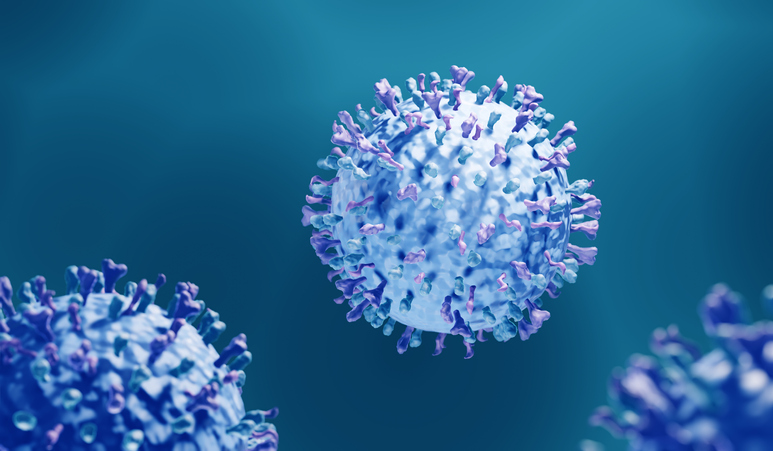
Study finds RSV may evade vaccines via rapid mutation
A Vanderbilt study concluded that RSV’s ability to mutate rapidly to escape detection by the body’s immune system makes it more challenging to design and develop vaccines that can stop it from spreading. Read MoreMar 9, 2023
-

Study finds chronically disrupted sleep may increase risk for heart disease
Vanderbilt research found that sleep irregularity — chronically disrupted sleep and highly variable sleep durations night after night — may increase the risk for atherosclerosis. Read MoreFeb 15, 2023
-
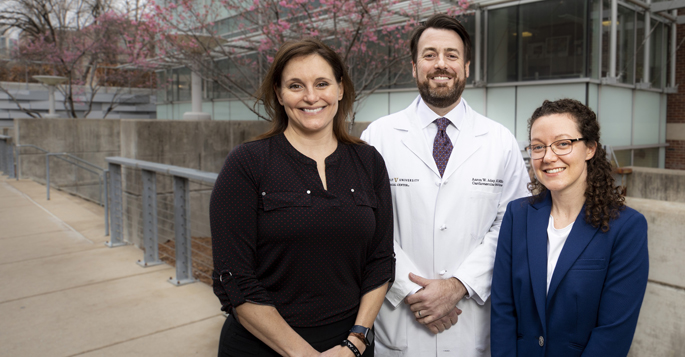
Team’s imaging strategy enhances lipedema treatment
A collaborative team at Vanderbilt is transforming the diagnosis and treatment of lipedema, a debilitating, abnormal deposition of fatty tissue that afflicts an estimated 17 million women in the United States. Read MoreFeb 9, 2023
-
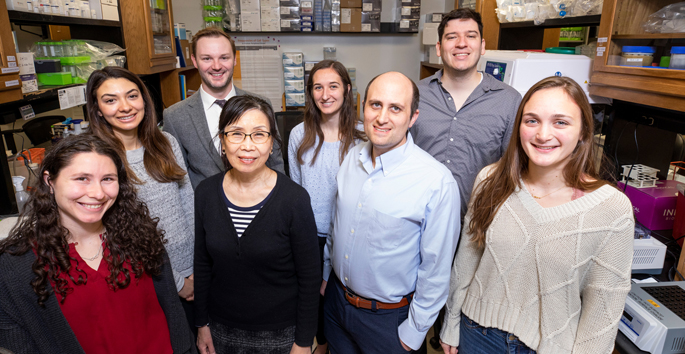
Researchers clarify role of blood cell mutations in disease
Vanderbilt researchers have developed a new method to analyze mutations in blood stem cells that can trigger explosive, clonal expansions of abnormal cells. Read MoreFeb 2, 2023
-

Study reveals new genetic disorder that causes susceptibility to opportunistic infections
An international consortium co-led by Vanderbilt's Rubén Martínez-Barricarte has discovered a new genetic disorder that causes immunodeficiency and profound susceptibility to opportunistic infections including a life-threatening fungal pneumonia. Read MoreJan 20, 2023
-
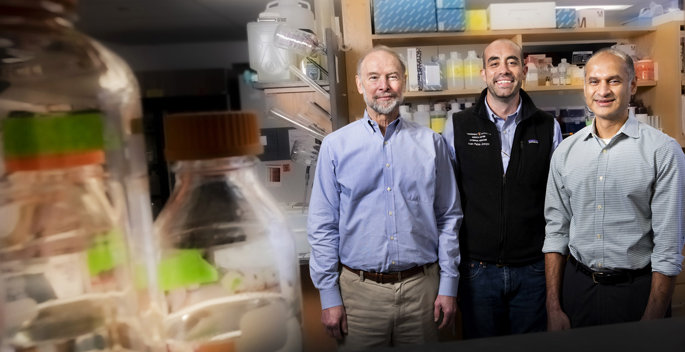
VUMC researchers upend dogma about vasopressin production
Vanderbilt investigators have discovered that vasopressin, which has long been thought to be produced only in the brain, is also produced in the kidney. Read MoreJan 5, 2023